I’ve studied the innovation capability of many organisations, as academic, consultant and employee. One question that arises regularly concerns process. Should processes be strengthened and should they be the dominant modus operandi of organisations aspiring to be great? My answer is a definite no.
In favour of strong processes, it is clear they give greater transparency, reliability and consistency of output. Sometimes these characteristics have a place, being suited to more stable and straightforward environments. More often in modern times, the complexity of knowledge based organisations and industries demand a values-driven leadership.
Great and innovative organisations espouse higher and worthier values, such as validity, efficiency and effective use of resources. While reliability is about repeating results in a predictable way, validity cares about getting results that are the most appropriate – for users and producers. Similarly, the workings of passion and creative genius may not easily be made transparent, but when focused in the correct direction they produce powerful results.
Strict adherence to process is a refuge of weak leadership. Weak leaders are unable to think and communicate clearly about the ultimate vision, goals and values of their organisation and are unwilling or unable to take the steps necessary to lead the organisation towards them. Too often, process adherence becomes an excuse to avoid difficult decisions. Too often, processes become the tools of a defensive reasoning mindset (the terminology of renowned organisational learning expert Chris Argyris), which in turn leads to organisational mediocrity or stagnation.
Great organisations have clear values, whether they operate in the public or private sectors. Values are prized above all else and act as guiding north stars in a complex, sometimes chaotic world. Some great values are:
- respect for people (consumers, employees and other stakeholders) and loyalty in return for commitment,
- validity of product offering (as opposed to just mundane reliability, repeatability or consistency)
- quality of product offering and the user’s total experience
- effective use of available human and other resources, avoiding waste.
When processes get in the way of these values, the processes should be sidelined, either permanently or temporarily pending amendment. Processes are a means to an end, not the end itself.
Process should be the servant of values, not the master!
posted in | Innovative Organisations, Research
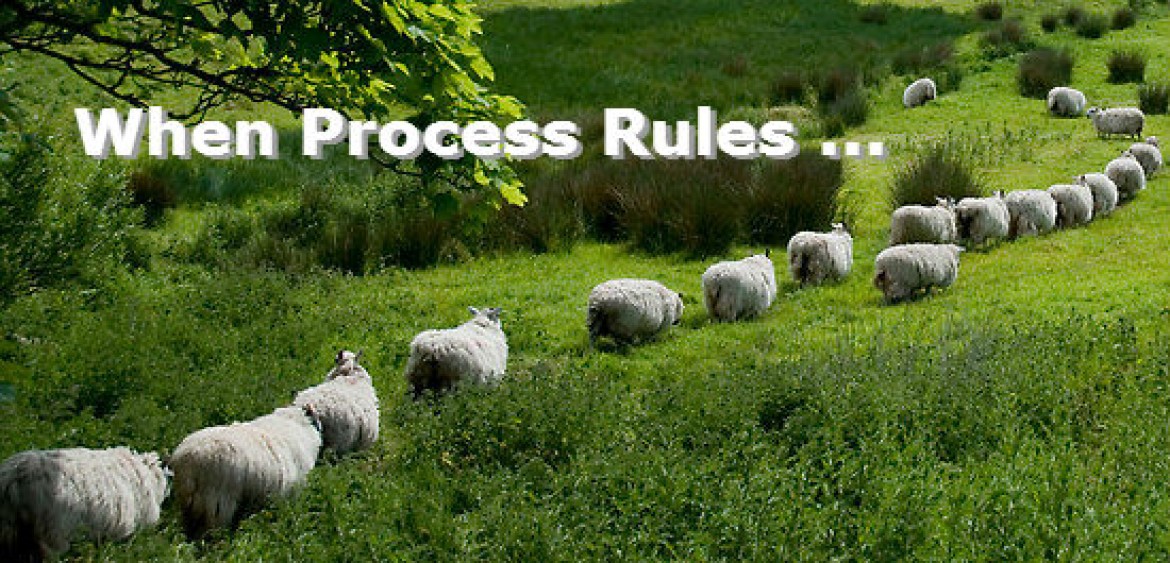
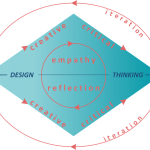
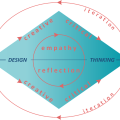

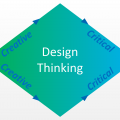
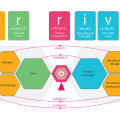

2 Comments:
Sorry, the comment form is closed at this time.